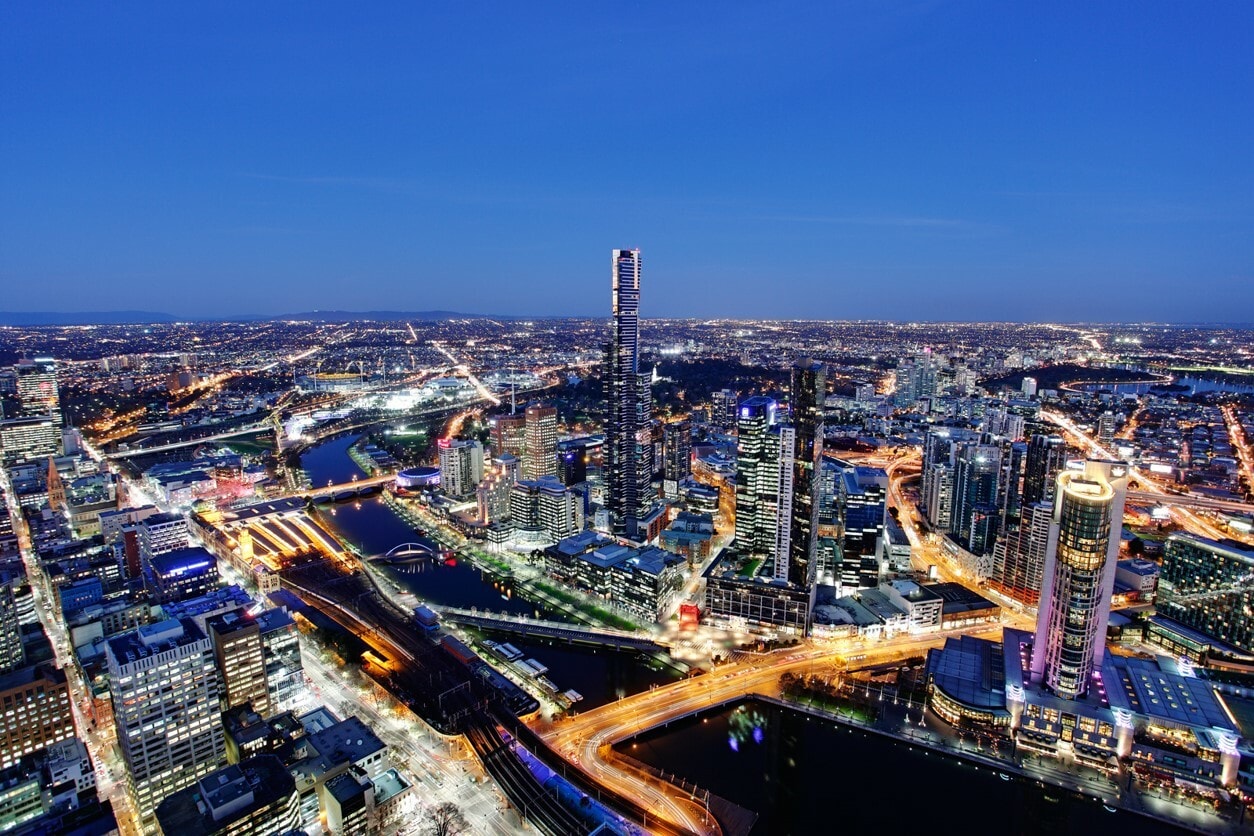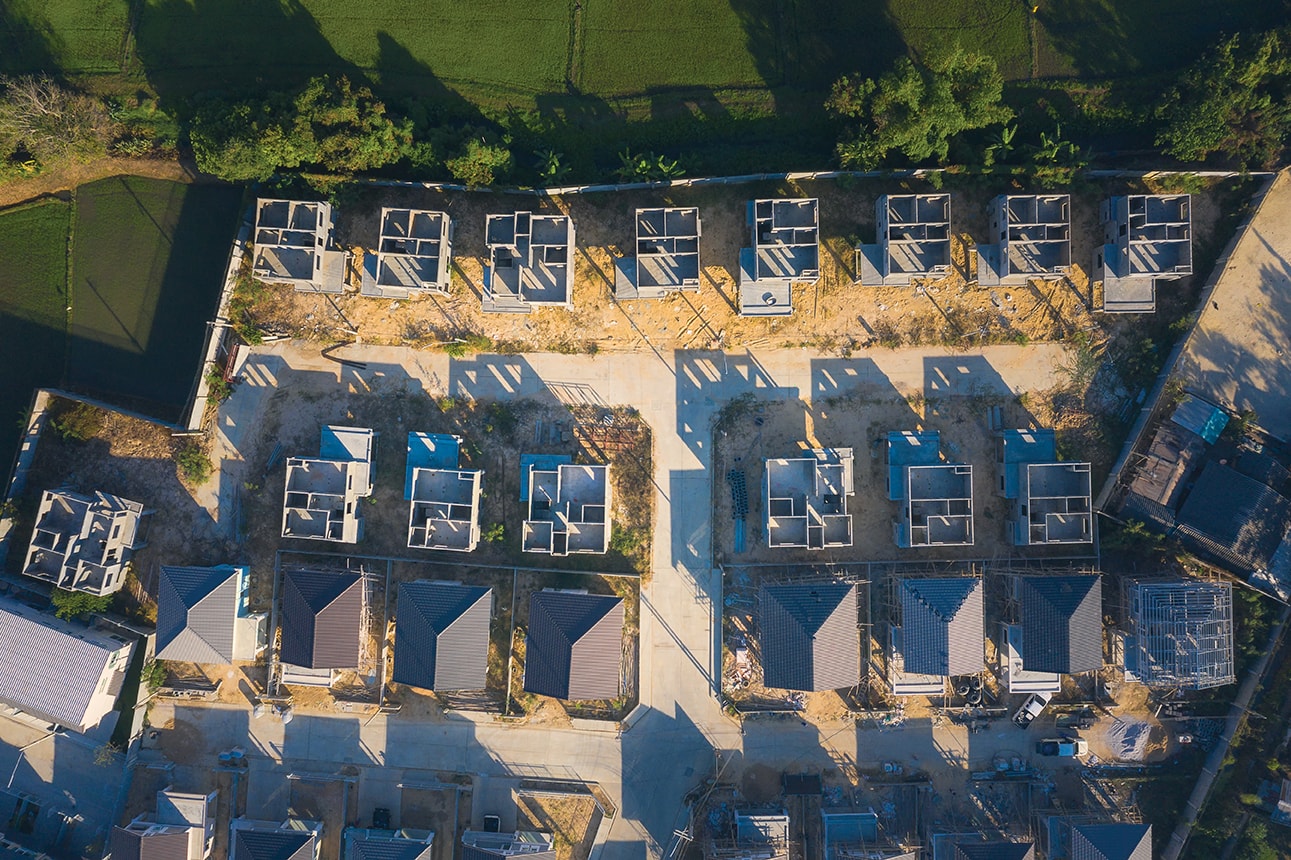Our home choices

How more housing options can make better use of Victoria’s existing infrastructure
This report looks at how to shift housing demand from new suburbs to give more Victorians the choice to live close to jobs and services in our major cities.
We examine why people are choosing homes in growth areas and the benefits of living in established suburbs closer to jobs, schools, hospitals and public transport.
We based our findings on extensive new research into the home preferences of Victorians. This research included:
- 22 focus groups
- a survey of more than 6,000 people from Melbourne, Geelong and Ballarat
- analysis of more than 344,000 properties sold in greater Melbourne from 2017 to 2022.
Key findings
- Up to one in 3 households said they would trade a detached home in a new suburb for a townhouse or apartment at the same price, closer to a city centre.
- Families and first home buyers want more housing choices closer to existing infrastructure and family and friends.
- A lack of suitable housing in established suburbs pushes people further away from jobs, schools and public transport and locks them into more travel time in the car.
Policy options
- Reform infrastructure contributions to send the right price signals.
- Reform stamp duties that distort home choices.
- Remove home subsidies that encourage greenfield choices without improving affordability.
- Use government 'shared equity' schemes to encourage established suburb home ownership.
- Measure and incentivise progress towards new local housing targets.
- Prioritise and streamline approvals for urban renewal precincts.
- Develop better standards for low-rise apartments, then increase their supply by expanding use of the Residential Growth Zone.
- Develop a dual occupancy and townhouse code.
- Allow homebuyers more parking options.
- Encourage child-friendly design in new apartments.
Supporting documents
- File format and size
- PDF • 4MB
Download - Topics
- Type
- Research report
- Published
- 2023







